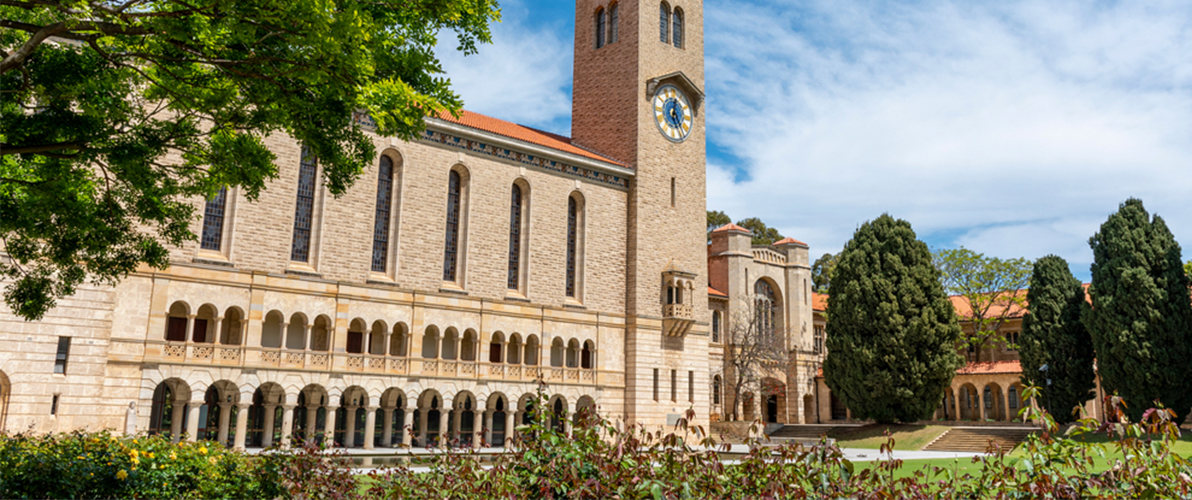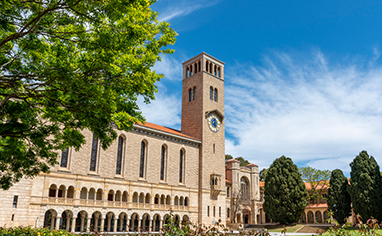
A parliamentary committee has urged the government to “actively consider” allowing deemed universities in the country to use the term ‘university’ to avoid confusion abroad as most foreign countries do not use such nomenclature, reports the Express News Service.
In its report, the education department-related Parliamentary Standing Committee on Education, Women, Children, Youth and Sports has recommended an amendment of Section 23 of the UGC Act, 1956 to let the ‘deemed universities’ shed the prefix.
Incidentally, this is also one of the recommendations made in the National Education Policy 2020. The report – “Review of education standards, accreditation process, research, examination reforms and academic environment in Deemed/Private Universities/other Higher Education Institutions” – also makes a strong pitch for streamlining the accreditation process of higher education institutions.
Source: University World News
In its report, the education department-related Parliamentary Standing Committee on Education, Women, Children, Youth and Sports has recommended an amendment of Section 23 of the UGC Act, 1956 to let the ‘deemed universities’ shed the prefix.
Incidentally, this is also one of the recommendations made in the National Education Policy 2020. The report – “Review of education standards, accreditation process, research, examination reforms and academic environment in Deemed/Private Universities/other Higher Education Institutions” – also makes a strong pitch for streamlining the accreditation process of higher education institutions.
Source: University World News
What is the convention?
The convention came into force in 2018. In simple terms, state parties to the convention have to make arrangements to assess foreign qualifications from other party states (Article III of the convention).
Qualifications will be recognized “unless a substantial difference can be shown” (Article VI.1). “Qualifications” are defined broadly to include those obtained from pre-university (Article IV) and university (Article VI) education.
The convention deserves attention because it is one of the few that is already in force. By contrast, other recent conventions, such as the Global Convention on the Recognition of Qualifications concerning Higher Education in 2019, are not yet in force due to a lack of sufficient participating member states.
Even for those that are in force, they have other scopes, such as the Addis Ababa Convention in 2019 and the Lisbon Recognition Convention in 1999 which focus on the African and European regions respectively.
Qualifications will be recognized “unless a substantial difference can be shown” (Article VI.1). “Qualifications” are defined broadly to include those obtained from pre-university (Article IV) and university (Article VI) education.
The convention deserves attention because it is one of the few that is already in force. By contrast, other recent conventions, such as the Global Convention on the Recognition of Qualifications concerning Higher Education in 2019, are not yet in force due to a lack of sufficient participating member states.
Even for those that are in force, they have other scopes, such as the Addis Ababa Convention in 2019 and the Lisbon Recognition Convention in 1999 which focus on the African and European regions respectively.


